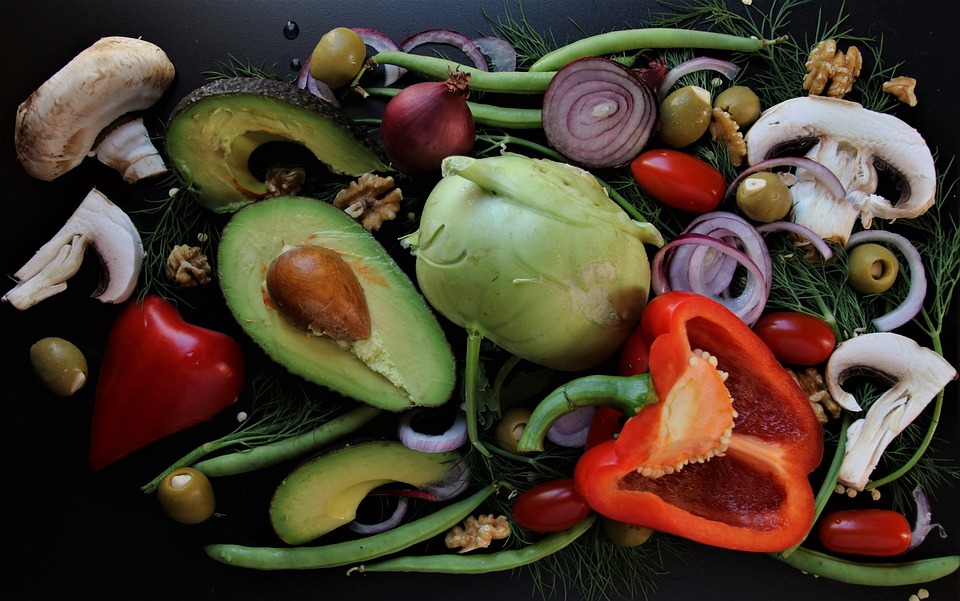Introduction
Whole Foods Market is a popular grocery store chain that focuses on providing high-quality natural and organic foods to its customers. In this comprehensive guide, we will delve into various aspects of shopping smart at Whole Foods Market, from understanding their sourcing practices to making the most of their personalized services.
1. Understanding Whole Foods Market’s Sourcing Practices
One of the key reasons people choose Whole Foods Market is their commitment to sourcing quality products. The store takes great care in selecting products that meet their high organic and natural standards. This includes a wide range of fresh produce, meats, dairy, and packaged goods that are free from artificial flavors, colors, preservatives, and potentially harmful chemicals.
By understanding Whole Foods Market’s sourcing practices, you can make informed choices about the food you purchase. Look for labels such as “Certified Organic,” “Non-GMO,” and “Responsibly Sourced” when browsing their aisles. These labels ensure that the products are held to stringent standards and are free from undesirable additives.
2. Exploring Whole Foods Market’s Wide Range of Products
Whole Foods Market offers an extensive selection of products to cater to various dietary preferences and restrictions. Whether you follow a vegan, gluten-free, or Paleo diet, you will find a plethora of options to satisfy your needs. Additionally, they offer an array of international foods, gourmet ingredients, and unique snacks that you may not find in traditional grocery stores.
Take the time to explore different sections of the store and try out new products. You might discover a new favorite food item or a healthier alternative to your usual choices. Remember to read labels and ingredient lists to ensure the products align with your dietary requirements.
3. Maximizing Whole Foods Market’s Budget-Friendly Options
Contrary to popular belief, shopping at Whole Foods Market doesn’t necessarily mean breaking the bank. The store offers several budget-friendly options to help customers save money while still enjoying high-quality foods. Look out for the following:
- Weekly Sales: Whole Foods Market regularly offers sales on various items. Take advantage of these promotions to stock up on essential items or try out new products at discounted prices.
- 365 Everyday Value: Whole Foods Market offers their own brand of affordable products under the “365 Everyday Value” label. These products are often priced competitively and maintain the same high-quality standards as other items in the store.
- Bulk Buying: Purchasing items in bulk can save you money in the long run. Whole Foods Market has an extensive bulk section where you can find items like grains, nuts, and spices. Measure out the desired quantity and pay based on weight instead of buying pre-packaged products.
4. Utilizing Whole Foods Market’s Personalized Services
Whole Foods Market offers several personalized services to enhance your shopping experience:
- Online Ordering and Delivery: Take advantage of Whole Foods Market’s online ordering platform to conveniently shop from the comfort of your home. They also offer delivery services, making it easier than ever to get your groceries.
- Special Orders: If you can’t find a specific product you need, reach out to the store’s customer service. Whole Foods Market is known for accommodating special orders and can often source products that are not regularly stocked.
- Expert Staff: The employees at Whole Foods Market are knowledgeable about the products they offer. Don’t hesitate to ask for assistance or recommendations—whether you’re searching for the perfect wine pairing or need advice on allergen-free options, they are there to help.
5. Whole Foods Market and Community Involvement
Whole Foods Market takes pride in being an active participant in local communities. They regularly support various initiatives and organizations that promote sustainable agriculture, health education, and environmental stewardship. As a shopper, you can contribute by staying informed about the community events they organize and by participating in their programs.
By shopping at Whole Foods Market, you are not only supporting your own health but also contributing to the well-being of the broader community and planet.
Conclusion
Whole Foods Market provides a unique shopping experience for individuals who prioritize high-quality, natural, and organic foods. By understanding their sourcing practices, exploring their wide range of product offerings, utilizing their budget-friendly options and personalized services, and getting involved in the community, you can make the most of your shopping experience at Whole Foods Market while shopping smart.




